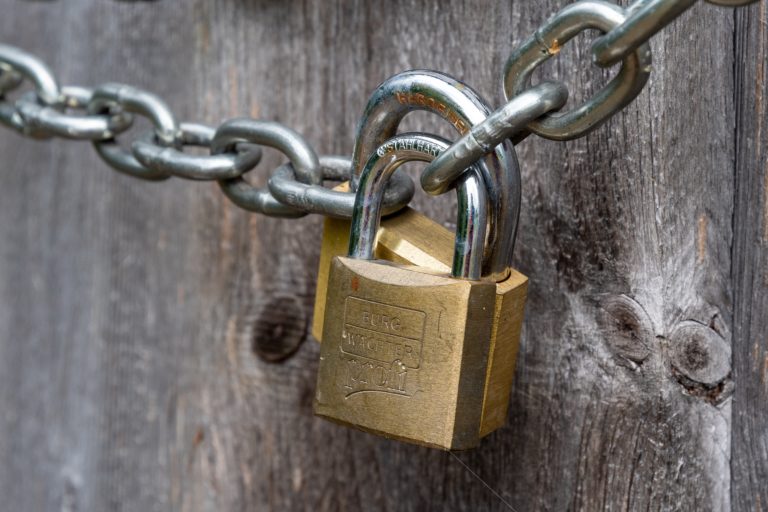
Should You Add Someone to Your Bank Account?
Adding another person to your bank account provides both of you with complete access to the account. A person can be a power of attorney and a joint account holder, but the two are very different roles, explains the article “What are my rights when someone adds me to a bank account?” from Lehigh Valley Live.
A joint account is a bank or investment account shared by two individuals, although more than two people may be on an account. They have equal access to funds, as well as equal responsibilities for any fees or expenses associated with the account. If there are transactions, depending upon the rules of the institution, all owners may be required to sign documents. The key is how the account is titled. That’s the controlling factor in determining how the assets in the account are divided, if one of the owners dies. There are several different types of joint ownership.
One is “Joint Tenants with Rights of Survivorship,” or JTWROS. If one of the account owners should die, the assets in the account go directly to the surviving account holder. These assets do not go through probate.
Then there’s “Tenants in Common,” or TIC. With TIC, each individual account owner has the right to designate a beneficiary for their portion of the assets upon their death. The assets might not be split 50/50. How the account is titled lets the account owners divide ownership however they want.
Another one: “Joint Tenants by the Entirety.” This describes a married couple who own real estate or a financial account as a legal entity with equal ownership. Neither person may transfer their half of the property during their lifetime or through a will or a trust. When one spouse dies, the entire account goes to the surviving spouse and it transfers without passing through probate.
In the example given at the start of the article, the establishment of a joint account gives both the father and son equal access to the account. If the father is unable to handle the account at any time in the future, for whatever reason, the son will be able to step in.
Power of Attorney or POA is a completely different thing. A POA is a legal document giving a person the authority to act on behalf of another person for a specific transaction or general legal and financial matters. Just as there are numerous types of joint ownership, there are numerous types of POA.
A general POA gives a person the power to act on behalf of the principal for all legal, property and financial matters, as long as the principal’s mental capacity is sound. The Durable POA gives authority to a person to act on behalf of the principal, even after the principal becomes mentally incapacitated. Special or limited power of attorney gives authority to act only for specific matters or transactions. A Springing Durable POA provides authority to act only under certain events or levels of incapacitation, which is defined in detail in the document.
You can be both a joint owner of an account and a power of attorney. These are two different ways to help a parent with financial and legal activities. An estate planning attorney can help create the POA that best fits the situation.
Reference: Lehigh Valley Live (June 10, 2021) “What are my rights when someone adds me to a bank account?”









